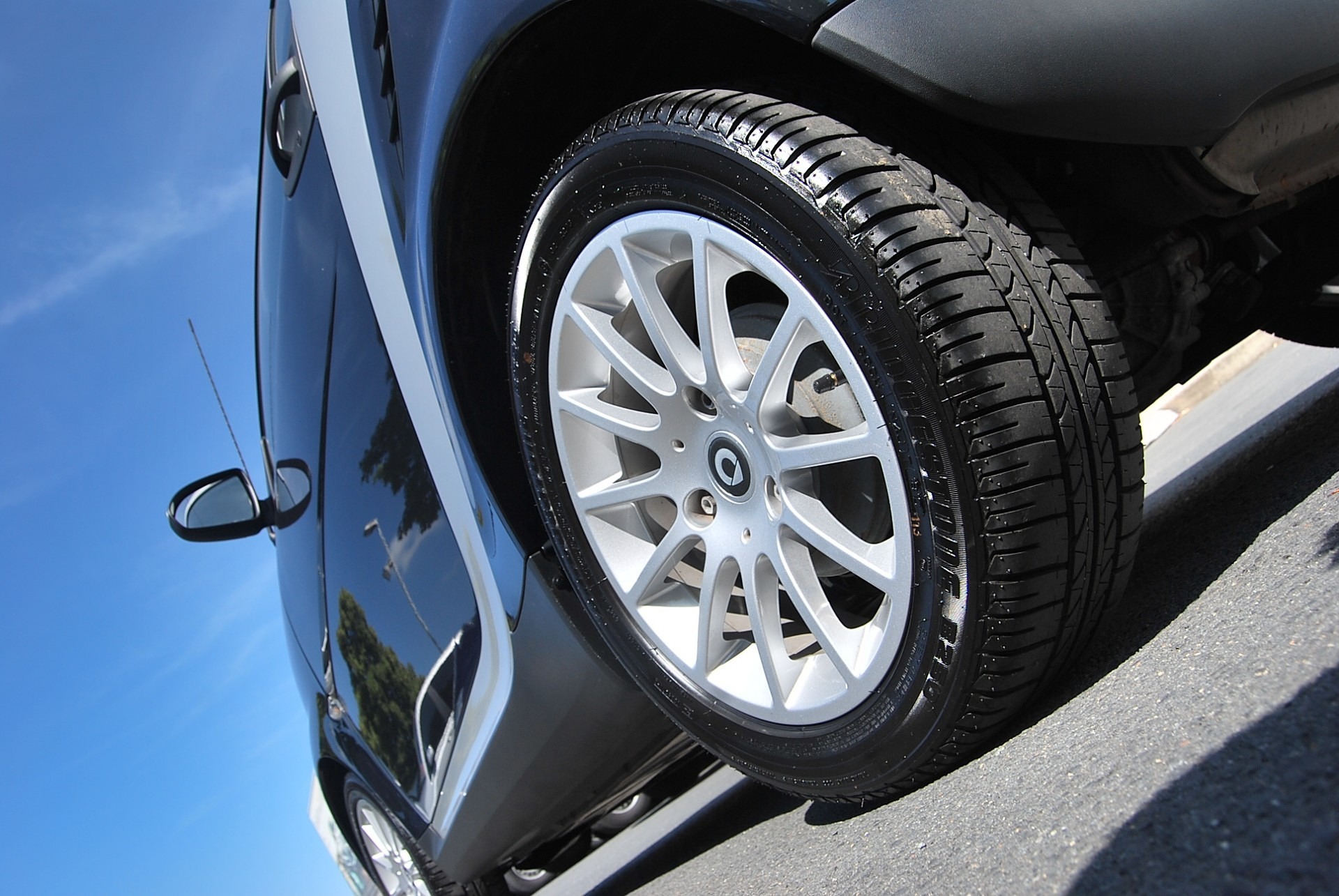The Reinvention of Diesel Engines: A Leap Toward Cleaner, Greener Motoring
Imagine cruising down the highway in a sleek, powerful car that not only offers top-notch performance but is also surprisingly environmentally friendly. This is no longer a pipe dream, thanks to the remarkable evolution of diesel engines. Today, we delve into the transformation of these once notorious engines into a beacon of greener motoring.

Diesel Engines: A Historical Perspective
Diesel engines were once synonymous with noise, soot, and slow performance. Patented by Rudolf Diesel in 1892, these engines were originally lauded for their fuel economy. The diesel engine’s high compression ratio made it more efficient than petrol engines, but it also resulted in louder operation and higher emissions. For years, diesel was seen as a necessary evil in the automotive world, offering fuel efficiency at the expense of environmental health.
The Clean Diesel Revolution
The turn of the 21st century saw a concerted push for cleaner, greener automotive technologies. Diesel engines were not left out of this revolution. Engineers began to develop advanced emission control systems to reduce soot and nitrous oxide emissions. High-pressure direct injection systems were introduced, significantly improving fuel combustion and engine efficiency. The result was a new breed of diesel engines that were quieter, cleaner, and more powerful.
Current Trends and Developments
The quest for cleaner diesel is far from over. Today, we are witnessing an explosion of innovation in diesel technology. Engineers are exploring the use of alternative fuels, like biodiesel, to reduce carbon emissions. Advanced after-treatment systems are being developed to further cut down on particulate matter and nitrous oxide emissions. Even more intriguing is the rise of diesel-hydrogen blends, a promising solution that could potentially transform diesel engines into zero-emission powerhouses.
Impact and Implications of Modern Diesel Technology
The evolution of diesel engines has significant implications for the automotive industry and beyond. For one, it offers a viable alternative to petrol engines, without the range anxiety associated with electric vehicles. For another, it could breathe new life into the diesel car market, which has been dwindling in recent years.
The environmental benefits are equally significant. Cleaner diesel engines mean fewer harmful emissions, contributing to cleaner air and mitigating climate change. Moreover, the use of biodiesel and other renewable fuels could reduce our reliance on fossil fuels, pushing us closer to a sustainable future.
Conclusion
From their noisy, sooty beginnings, diesel engines have come a long way. Today, they stand at the forefront of a greener, cleaner motoring future, offering a compelling blend of performance, efficiency, and environmental friendliness. As the industry continues to innovate, one thing is clear: the transformation of diesel engines is far from complete. As we look to the horizon, the promise of cleaner, more sustainable motoring becomes an increasingly achievable reality.




